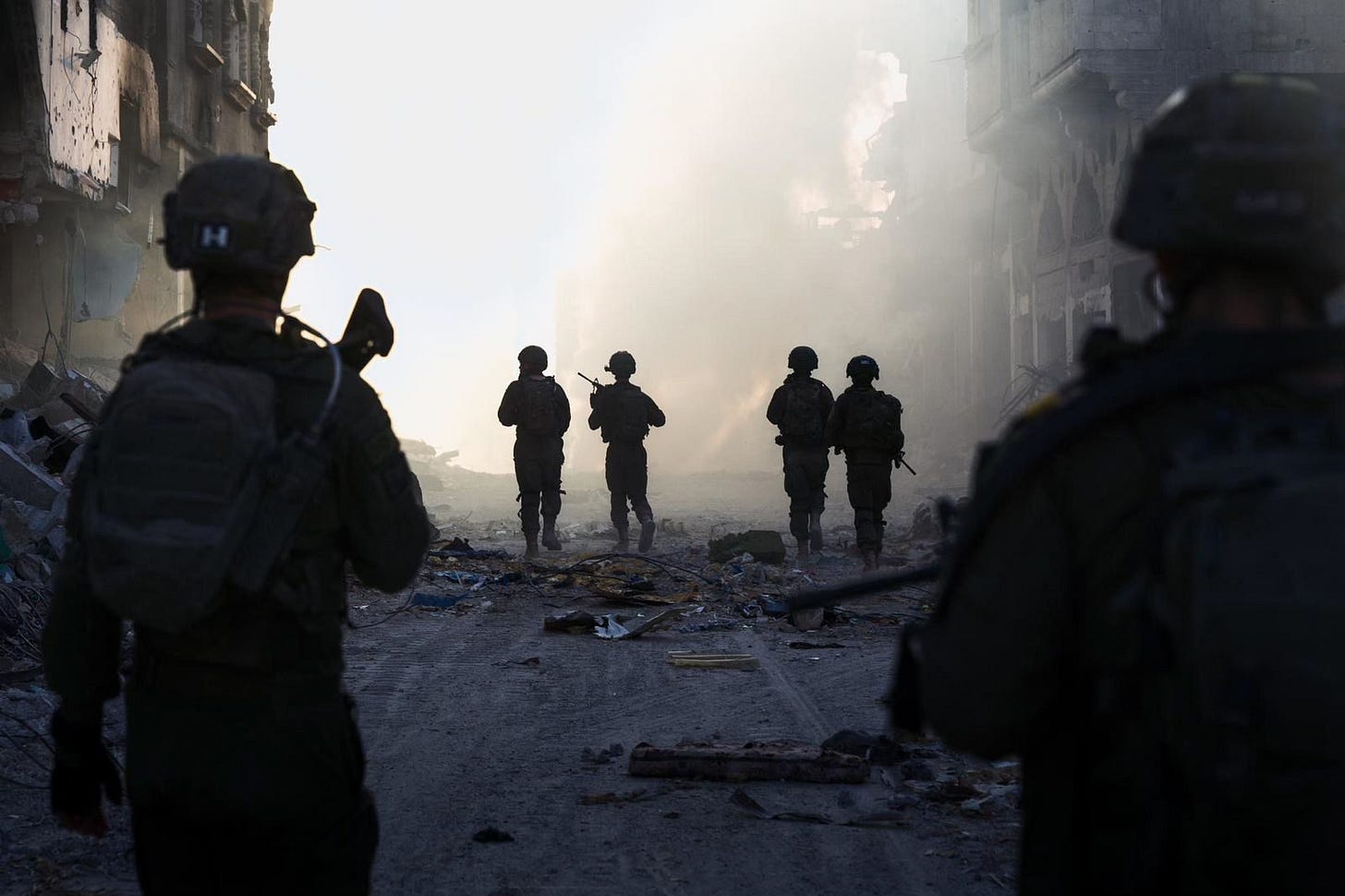
In the end, every war ends with negotiations. Modern history offers no other outcome. Not a single global power has ever conquered the entire world or established a singular regime that eliminated the need for diplomacy through the illusion of total victory.
One can speculate endlessly about the reasons behind wars. All it takes is feeding an artificially crafted, emotionally charged narrative to an indoctrinated public, and a so-called ideological war—bloody and ruthless—becomes “justified.” It’s as old as civilization itself, and yet humanity continues to choose this path over and over again.
Of course, armed conflicts benefit the states that gain territorial, economic, or strategic advantages—both short-term and long-term. One might think that after the Second World War, the global community would have learned its lesson and chosen a different trajectory. But that illusion didn’t last. We see the same patterns again and again. Different times, different tools, different faces—but the same intentions.
And that leads to a horrifying price: the currency of war is not resources, but human lives—thousands, hundreds of thousands, even millions of innocent people—sacrificed for the political ambitions of leaders who dream of securing their place in history as those who brought their nation to the top of the food chain. No one ever asks what that “greatness” cost. And the tragedy is, it’s usually a personal legacy, paid for with collective suffering.
What comes next is predictable: negotiations. Two or three conflicting parties, foreign mediators, recycled talking points, carefully worded promises about a “new future.” The same grievances are addressed. Memorandums are signed. Oaths are sworn to “never let it happen again.” But we know this ritual. It’s performative diplomacy—a smokescreen. What gets lost in all of this is what mattered most: the lives that were thrown onto the altar of power, sacrificed in a very real Game of Thrones.
History shows this cycle is destined to repeat. Humanity seems trapped in an eternal déjà vu—condemned to step on the same rake time and time again.
One of the reasons is distance. A large part of the world remains physically and emotionally removed from the reality of war. It can’t fully grasp its horror, because—for now—it’s untouched. It’s easy to be a spectator when you’re comfortable, when your loved ones are safe, when your city isn’t reduced to rubble. But war is not a sporting event where you lose and go home. It’s a one-way road. Only, it doesn’t look that terrifying—because someone else’s losses are just numbers on a screen. And numbers don’t cry.
Another factor that holds the world back from sustainable peace is ideological utopianism—the kind that fuels extremism and terrorism. As cliché as it sounds, the conflict in the Middle East serves the interests of various outside players. Some reap economic or geopolitical benefits. Others use it as a distraction, a diversion to pull public attention away from domestic failures. It becomes a perfect smokescreen for pushing laws and agendas that would never pass under normal conditions.
The “Palestinian card” has become not only fashionable but highly effective. Even the atrocities of October 7th didn’t stop efforts to push narratives where terrorists are portrayed as freedom fighters, and their methods are excused as a response to so-called colonial occupation.
To any thinking person, it’s obvious these so-called “patriotic struggles” are entirely manufactured. Media manipulation, staged messaging, conspiracy-laden narratives—they’re designed to keep naïve masses under control. If you take a closer look at who funds this circus, it all begins to make sense.
Israel may well be the only country whose very existence triggers instant street-level hysteria. Uninformed crowds take to the streets, driven by forces that always remain in the shadows. What we see isn’t protest—it’s orchestrated chaos.
The world today is like an overheated pressure cooker. And the dial is already in the red. If no one releases the steam, it will explode. Gaza is the perfect release valve. It draws global attention instantly. People are ready to believe any story related to it—especially when those stories cast Israel as the villain. That’s the oldest script in the book. It’s not new; it’s ritual. This obsession is as old as antisemitism itself. That’s what makes it so effective—timeless, flexible, and dangerously easy to weaponize. You can use it anytime, anywhere. And it works.
There’s never been a shortage of useful idiots.
In the end, every war—every conflict—is driven not by justice, not by liberation, not by values, but by the raw pursuit of power. Power held by individuals, groups, regimes who abandoned moral frameworks long ago. For them, the end always justifies the means. Morality isn’t just irrelevant—it’s an obstacle.
We know how the game is played. We know how they hide behind words like “peace” and “human rights.” But as the saying goes, the road to hell is paved with good intentions.



